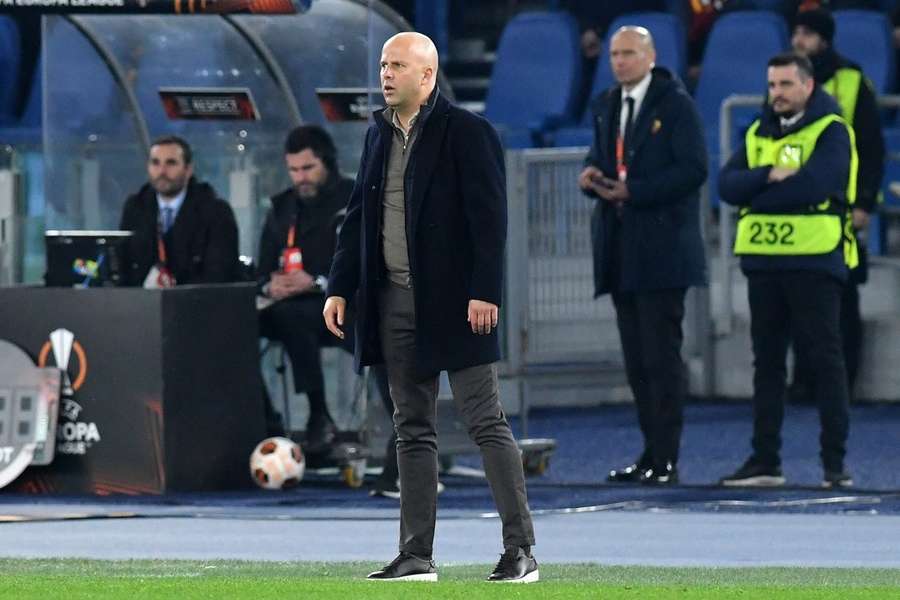The best plan for player reimbursement

The best plan for player reimbursement should comprehensively consider the player's personal needs and the team's interests. Teams should establish a sound medical security system to ensure that players can receive timely treatment and rehabilitation when they are injured or sick. Teams should conduct regular health checks to detect and prevent potential health problems in a timely manner. In addition, teams can work with insurance companies to purchase appropriate insurance to reduce the burden on players in the event of injury or illness.
In addition, the team can also train multiple qualified substitute players to ensure that the team can remain competitive even when key players are injured or sick. Teams can leverage the potential of young players and reserve team players to strengthen their training and development so that they have the same strength as the main players. In this way, during periods when the main player is injured or sick, the team can rotate different substitute players to ensure overall combat effectiveness.
In addition, the team may consider cooperating with high-level rehabilitation centers to provide professional rehabilitation services to injured players. Rehabilitation centers can formulate personalized rehabilitation plans based on the player's injury situation and provide necessary rehabilitation equipment and professional personnel. During rehabilitation training, players can receive guidance and attention from professionals to promote recovery from injuries.
Teams can also reduce the risk of player injuries by rationally arranging games and training plans. The team can reasonably arrange the game and rest time based on the players 'physical condition and game load to ensure that the players' bodies receive adequate rest and recovery. In addition, the team can also strengthen the physical training of players, improve the physical fitness of players, and reduce the probability of injury.
RELATED STORIES






LATEST NEWS







